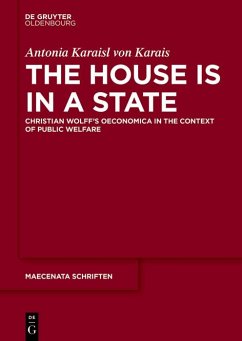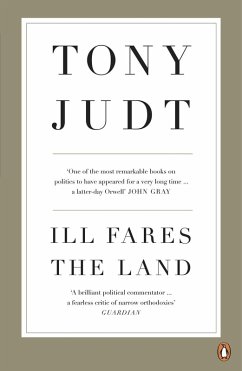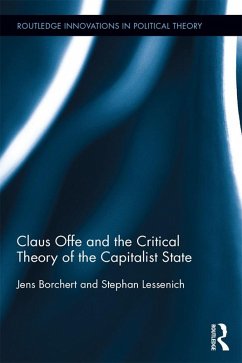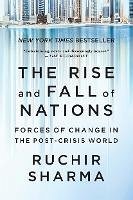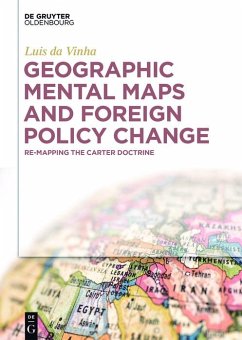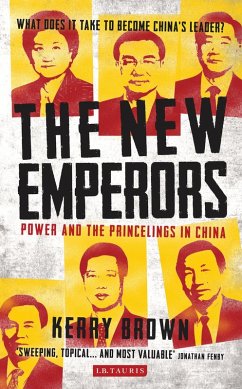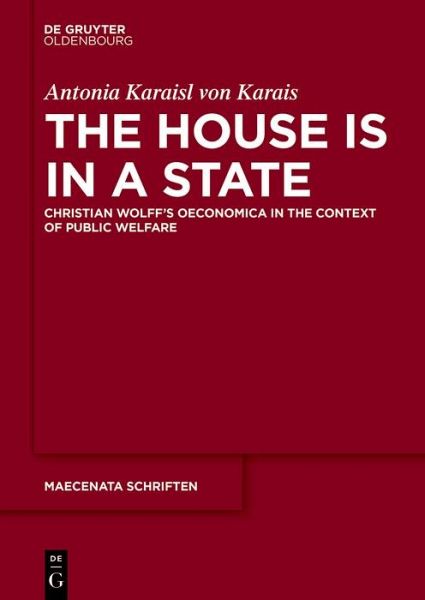
The House is in a State (eBook, ePUB)
Christian Wolff's Oeconomica in the context of public welfare
Versandkostenfrei!
Sofort per Download lieferbar
80,95 €
inkl. MwSt.
Weitere Ausgaben:

PAYBACK Punkte
40 °P sammeln!
The book focuses on methodology, argument and context of 18th century philosopher Christian Wolff's last book, the Oeconomica. This work, a rationalist guide to household morality, is discussed in conjunction with Wolff's natural law-based welfare state theory. A case study at a cross-section of philosophy, political science and history, it dissects the ideological conflation of private and public interest in the absolutist state.
Dieser Download kann aus rechtlichen Gründen nur mit Rechnungsadresse in A, B, BG, CY, CZ, D, DK, EW, E, FIN, F, GR, HR, H, IRL, I, LT, L, LR, M, NL, PL, P, R, S, SLO, SK ausgeliefert werden.




